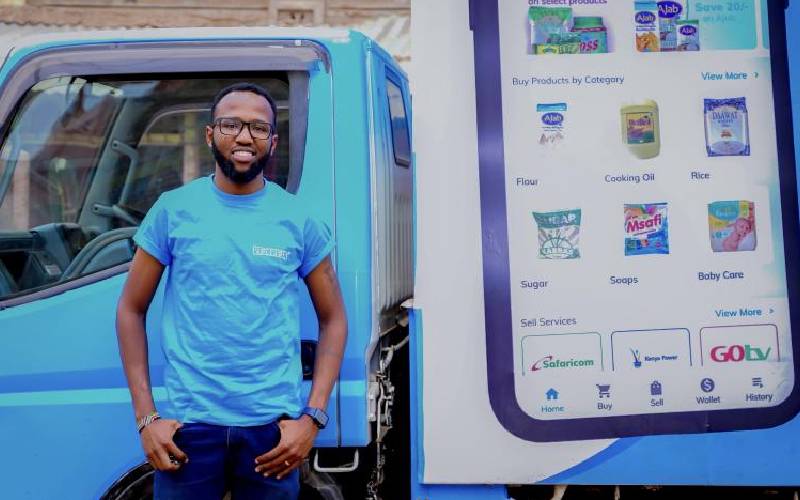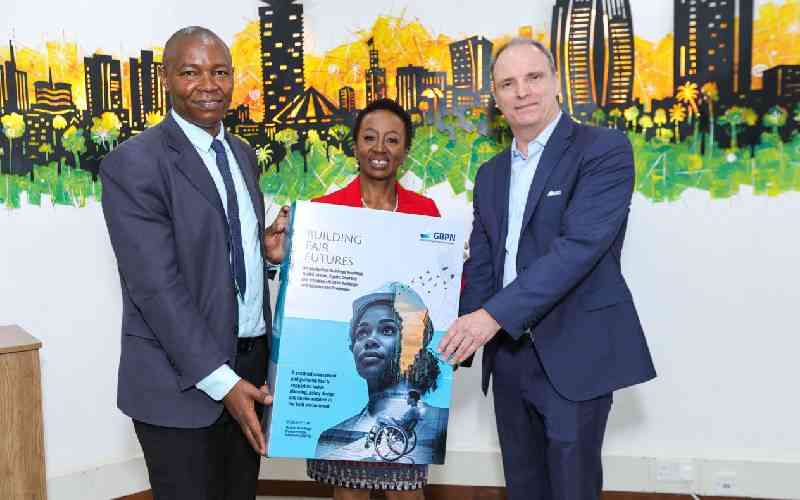×
The Standard e-Paper
Kenya’s Boldest Voice

Tesh Mbaabu and Mesongo Sibuti met as Computer Science undergraduate students at the University of Nairobi (UoN).
The need for reliable information on the performance of businesses’ field sales teams, products and services in the market marked the beginning of MarketForce.






